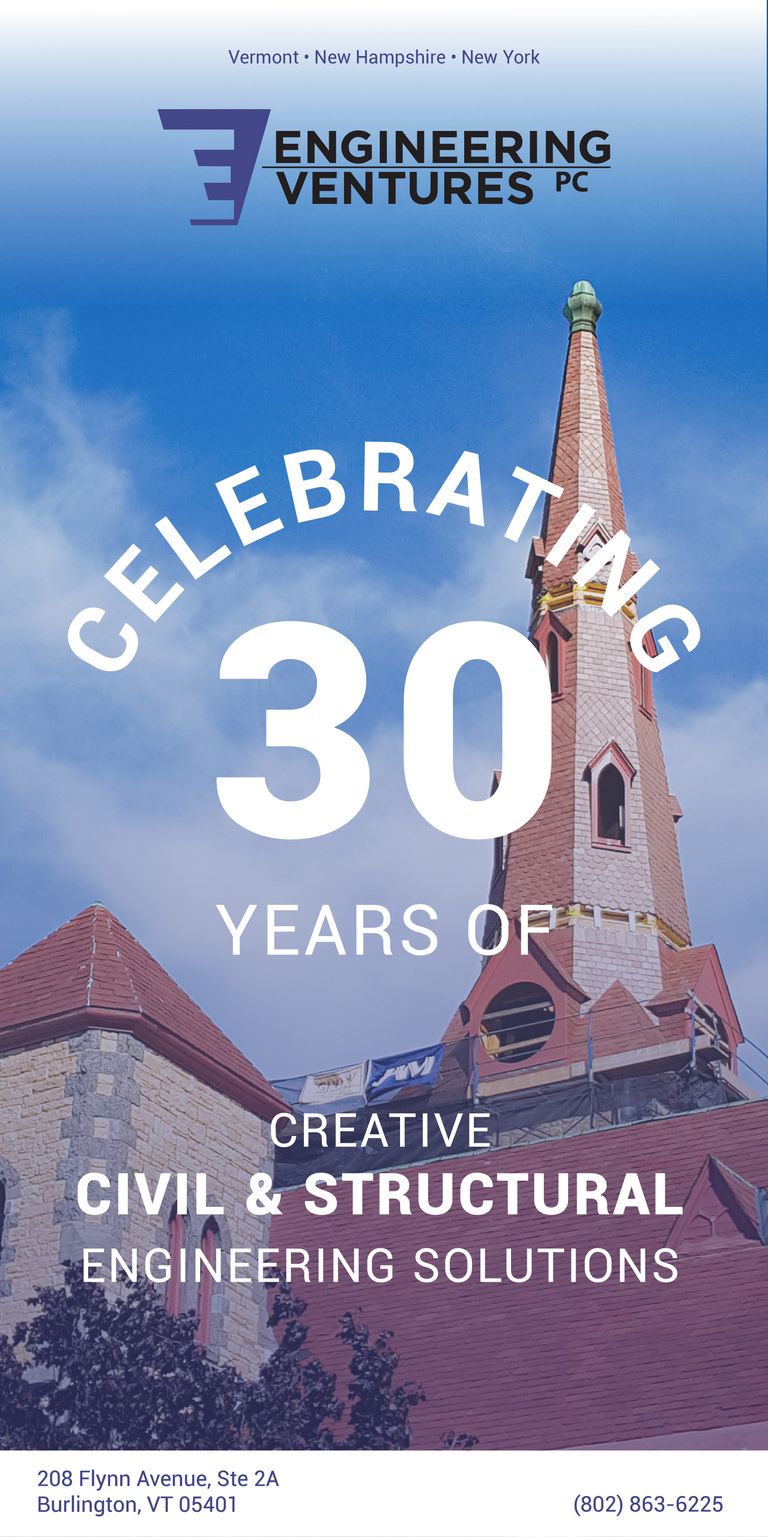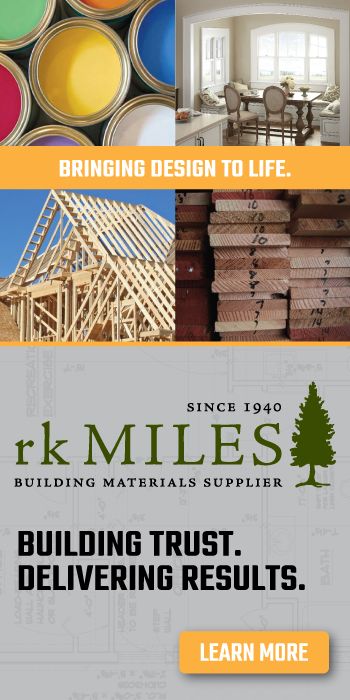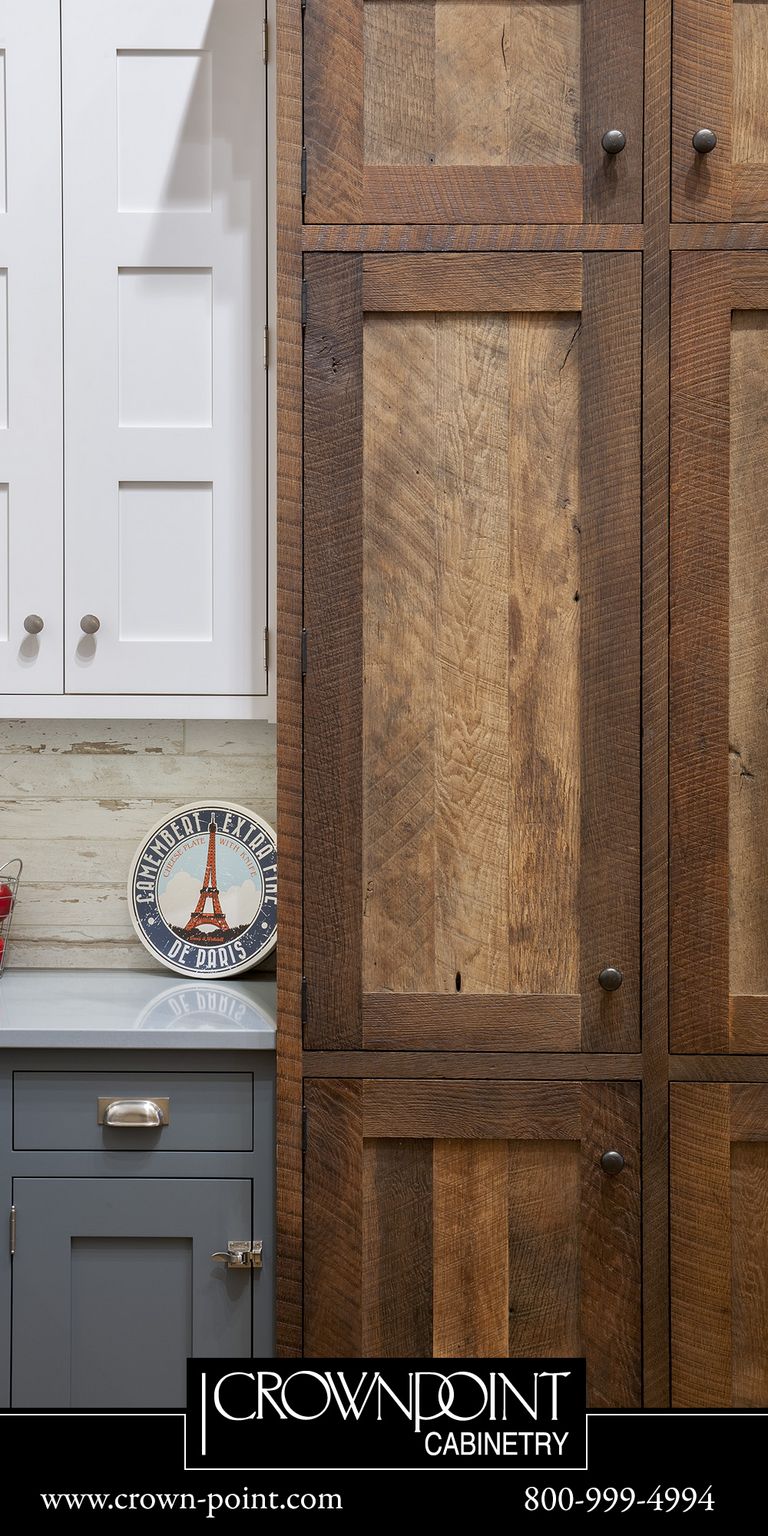Update on the Work of the VT Climate Council
By Donna Leban, AIA
AIAVT’s Public Policy Committee has been tracking the work of the Vermont Climate Council, as well as the Climate Coiuncil’s sub-committees as they relate to the building industry. The Climate Council was formed as part of the Global Warming Solutions Act, and is charged with advising the Vermont legislature how best to reduce greenhouse gas emissions through specific initiatives, programs, and strategies. The Council will develop a Climate Action Plan that will seek to:
- Reduce greenhouse gas emissions from the transportation, building, regulated utility, industrial,commercial and agricultural sectors;
- Encourage smart growth and related strategies;
- Achieve long-term sequestration and storage of carbon and promote best management practices
- Achieve net zero emissions by 2050 across all sectors
- Limit the use of chemicals, substances, or products that contribute to climate change
- Build and encourage climate adaptation and resilience of VT communities and natural systems.
See AIAVT’s Issue Brief on the work of the Climate Council
July, 2021: The Vermont Climate Council continues to hold bi-monthly meetings for sub-committees and monthly meetings of the full council as deadlines loom.
The Cross-Sector Mitigation (CSM) Subcommittee is tasked with the non-agricultural carbon reduction focus, and has determined the following to be the key drivers in reducing building- related carbon emissions.
- Enforcement of energy codes for residential buildings. Given better compliance with energy codes for new commercial buildings (not perfect but over 80%), certification for energy efficiency and encouraging electrification of residential construction would be important in meeting goals.
- Existing buildings would be more of a target for energy certification, particularly at time of property transfer.
- Rental property efficiency standards would need to be enforced and support provided for landlords in making upgrades, especially to affordable properties.
- Equipment and appliance performance standards could be enacted that require grid-connected electric controls for water heaters and other non-critical electrical loads.
- Increase scale of residential weatherization, as currently only 10% of homes have been weatherized.
- Enactment of clean heat standards, for carbon-free or low carbon fuel sources.
- Require all state agencies to do greenhouse gas reduction planning.
- Ramp up workforce development and education in building science for contractors.
- Create effective methods of on-bill financing through energy bills for clean energy upgrades.
Architects may want to consider how licensed professionals like themselves, who understand energy codes and construction, and are passionate about fighting climate change, could participate in helping improve residential compliance with new and improving energy standards.
AIAVT’s Public Policy Committee will continue to track the work of the Council, and offer advice and resources to help the council meet its goals. Any members who are interested in learning more are encouraged to reach out to Donna Leban, AIA, or Public Policy’s Co-Chairs, John Alden, AIA and Jesse Beck, AIA.





